At the beginning of the year, I started receiving supportive messages from friends and colleagues across the globe. I realized that the fight against COVID-19 had caused worldwide concern, and that we all needed to work together to cope.
It seems that we in China have weathered the coronavirus storm for now, just as other countries, such as the United States, are facing the worst of it. So, from my office at Shanghai Jiao Tong University School of Medicine, I find myself sending messages of support to overseas friends and colleagues, as they work from home and care for their children or support partners.
For most of us, this is our first experience of quarantines or lockdowns — and some will be longer than others. There are other firsts: our first attempt to explain virology to our children, our first bout of social distancing from those we love but don’t live with, our first day of spring spent unable to go outdoors. I find myself hoping for many things, both in my own life and in the lives of my colleagues here in China and overseas.
I didn’t find working at home easy, and my sympathy goes out to those who are still under lockdown. I hope that the difficulties of working from home are the worst of their worries.
Of course, many of our colleagues are treating patients in hospitals, or working in laboratories to develop the diagnostics and vaccines that might eventually be our best option against the coronavirus.
The modelling labs I manage have been directly involved in researching COVID-19. This has created opportunities for frequent virtual meetings in which we exchange experiences with colleagues from Brazil, India, Switzerland, Tanzania, Zambia, the United States and elsewhere, collaborating on long-term strategies for how to fight the virus or other pathogens.
Being quarantined made us care for each other more: we checked in with each other, and asked each other more often how we were feeling and how we could help.
Learning how to support each other effectively has been a powerful thing — and I hope our lab continues to do it long after the coronavirus pandemic ends. But it needs to go further — we should help and support each other more as a worldwide scientific community, not just in individual labs, institutes or countries. The coronavirus doesn’t distinguish between geographical or political boundaries as it spreads. We shouldn’t make such distinctions when supporting each other, either.
I hope we can proactively work together throughout the coronavirus outbreak. In particular, I hope my colleagues in China and the United States, the two largest economies and scientific powerhouses in the world, can work together effectively for the health of the world.
I hope my US colleagues get through the coronavirus outbreak without facing its effects – both directly and in its impact on the global economy. I hope that US postdocs retain their funding, and that PhD students are able to continue their studies. I hope lab heads can continue leading research into the coronavirus and in every other scientific field, where their work will go on to improve the lives of future generations. I hope that my US colleagues endure, as we have, and learn to support each other, as we have. I can tell them it isn’t easy, but it is possible, and as scientists we’re used to things being not-easy-but-possible.
The fight against COVID-19 will continue. More than 328,000 people have died as of 21 May 2020. More hard work lies ahead: I hope the two largest scientific superpowers in the world can shoulder their burden proactively and together.
- سيعجبك أيضاً




Recent Comments